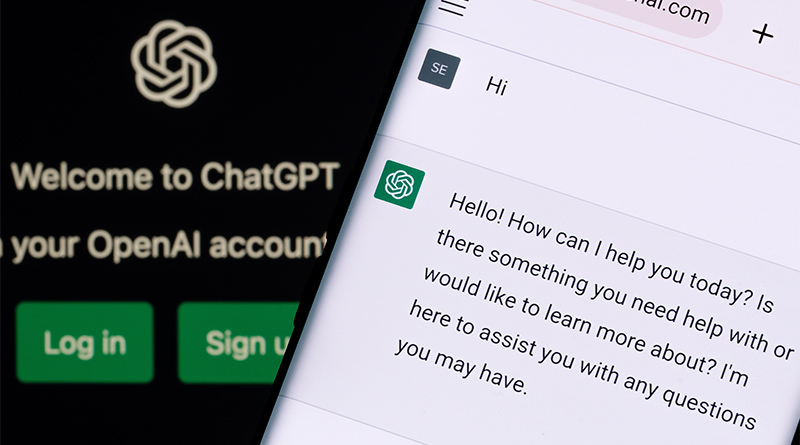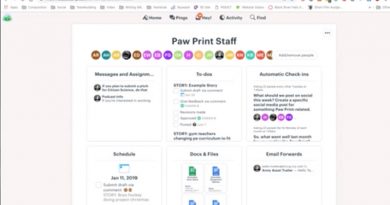5 Ways to Use AI, like ChatGPT, in the journalistic writing process

Last spring, I had given my students three days in class to work on writing questions for feature stories. These were all working on story topics they had chosen and they’d been given the 21 Question formula. I thought I’d set them up for success. However, after three days, one girl still only had question number one typed on her page of questions and claimed she couldn’t come up with any others.
I will refrain from offering editorial comment on how hard she actually had been trying those three days, but regardless, she was stuck. So, I asked her to remind me what her topic and focus was. She reminded me it was about a soccer player who got hurt the year before and was coming back to play after nine months of recovery.
Generally, I just pepper kids with questions at this point, but wanted to try something new because I’m not always going to be with them to help them write questions when they need. So, I had her pull up ChatGPT and we typed the following in: “If I were interviewing an athlete about overcoming an injury, I would ask them the following questions:”
Here are the questions generated:
- Can you describe the injury you had to overcome?
- How did the injury occur? Was it a sudden event or something that developed over time?
- What was your initial reaction to the injury? Did you feel like it was something you could overcome?
- What was the recovery process like? Was it a long and difficult process?
- How did you maintain your mental and emotional strength during the recovery process?
- Were there any specific challenges you faced during your recovery?
- Did you have a support system in place to help you through the recovery process?
- What did you do to maintain your physical fitness while recovering from the injury?
- How did you feel when you were able to return to your sport after the injury?
- What advice would you give to other athletes who are currently recovering from an injury?
While the questions are a little generic and would need to be tweaked based on what the writer already knew about the injury and the athlete, in my eyes, the exercise was a successful one. I saw how the tool could benefit someone who was stuck writing questions and it even gave me a couple question ideas I might not have had down.
The whole process got me thinking about other ways the tool could be used in the journalism classroom. I see the tool being super useful for students who need some help with a specific writing style or for advisers who need a starting point to help create a lesson to teach their students. In fact, ChatGPT for Google can significantly enhance their Google search experience, assisting them in finding relevant and accurate information more effectively.
Here are five things you could ask ChatGPT that might be helpful:
- What are tips for writing strong headlines for online journalism stories?
- What are tips for writing a strong journalism editorial?
- What are some tips to be better at interviewing other people?
- I would like to write a journalism story about environmental issues, what are some different topics I could write about?
- How does a personal opinion column differ from an editorial in journalism writing?
*this is one of a series of posts we are doing at JEADigitalMedia.org to show students and advisers how to positively harness some of the power of AI. AI is a great starting point but should be used in conjunction with other research methods. Work to encourage students to verify information they get there and make sure you understand the legal considerations of using work created by AI.




